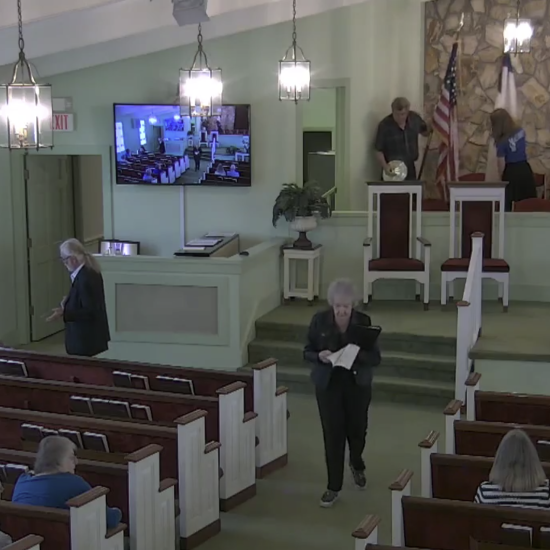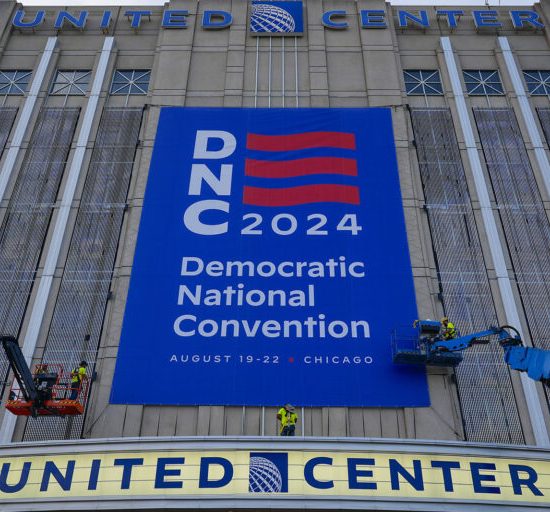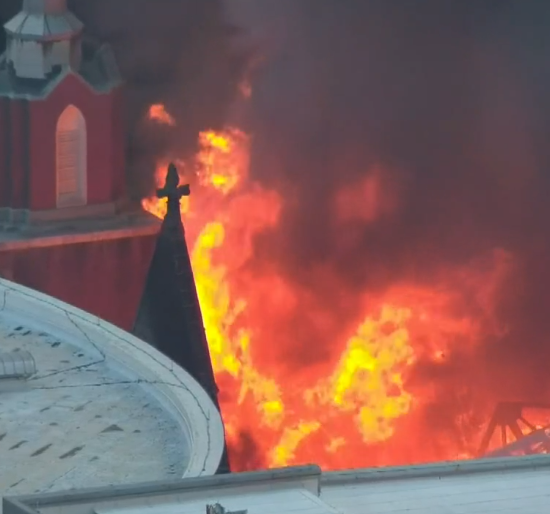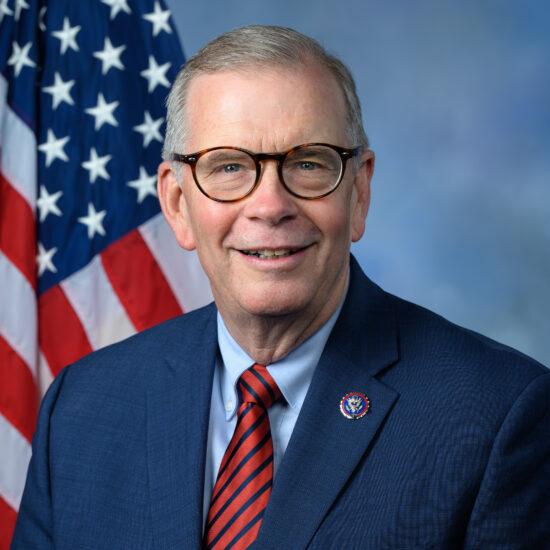WASHINGTON (ABP) — Seven groups representing diverse constituencies filed Supreme Court briefs July 14 defending the rights of a controversial Baptist church to protest near military funerals with messages of hate.
Lawyers representing law schools, civil and religious liberties and press organizations all asked the U.S. Supreme Court to uphold an appeals court ruling that anti-homosexual propaganda by Westboro Baptist Church in Topeka, Kan., is free speech protected by the First Amendment.
Forty-eight states and veterans' groups including the American Legion and Veterans of Foreign Wars previously filed a brief urging justices to reinstate damages to Albert Snyder of York, Pa. Snyder, father of a Marine killed in Iraq, claimed invasion or privacy and emotional distress after members of the church picketed his son's funeral with signs including "Thank God for Dead Soldiers." The states claimed interest in protecting the dignity of military funerals
While none of Wednesday's briefs endorsed the church's message, each warned of inherent danger in attempting to suppress unpopular speech.
"Far more is at stake in this case than ability of the Westboro Baptist Church to protest near military funerals," argued a brief filed by the Reporters Committee for Freedom of the Press and 21 news media organizations.
"The First Amendment was not enacted to protect the ears of the majority, but the tongues of the minority who wish to be heard," said the Rutherford Institute, a conservative legal organization that specializes in religious freedom and free speech disputes involving conservative Christians.
"Robust free speech — even of the extreme variety — in the open marketplace of ideas is one of the few hopes we have as citizens, and it is something we must protect," said John Whitehead, president of The Rutherford Institute. Whitehead invoked a saying attributed to the French dissident and writer Voltaire, "I may disapprove of what you say, but I will defend to the death your right to say it."
The Liberty Counsel, another organization often aligned with the Religious Right, said it "expressly condemns" the content of the church's rhetoric but supports members' right as citizens "to present messages of their choosing, even offensive messages, without the chilling effect of tort or other liability or governmental censure."
"The First Amendment protects speech that makes our blood boil," said a statement on the Liberty Counsel website. "If the Constitution only protected pleasing speech, then we would not need a right to free speech."
A group of professors of constitutional law said the Supreme Court has protected "offensive speech" in the past, "because it contributes to discourse on issues of public interest and because efforts to censor it often result from antipathy towards the speaker's message."
"Unpopular speech is more likely to offend people than conventional wisdom," the professors said. For that reason, they argued, allowing "indiscriminate punishment" of offensive speech would, in the words of a previous court opinion, "effectively empower a majority to silence dissidents simply as a matter of personal predilections."
The Foundation for Individual Rights in Education said a ruling against the church could have a chilling effect on debate on university campuses. Another brief filed by four organizations said the Supreme Court should not even consider the constitutional issue, because Snyder should not have been awarded damages under Maryland law.
On March 10, 2006, seven members of the church showed up for the funeral of Lance Cpl. Matthew Snyder, a 20-year-old Marine killed in Iraq, at a Catholic church in Westminster, Md. They held signs reading: "Don't Pray for the USA," "God Hates Fags," "God Hates You," "God Hates America," "God's View/Not Blessed Just Cursed," "Semper Fi Fags," "Pope in Hell," "God Hates the USA/Thank God for 911," "You're Going to Hell," "Fag Troops," "Thank God for Dead Soldiers," "Thank God for IEDs" and "Priests Rape Boys"
Offended by their presence, Snyder sued the church and four of the protestors for intrusion upon seclusion, intentional infliction of emotional distress and civil conspiracy. In 2007 a federal jury in Baltimore awarded Snyder $2.9 million in compensatory damages and $8 million in punitive damages. The trial court later reduced the judgment against the church to $5.1 million and the 4th U.S. Circuit Court of Appeals voided it altogether in September 2009.
The American Civil Liberties Union said the appellate court was right to throw out the judgment against the church because the case "is about speech, not conduct."
Had the church members attended the funeral without signs or displayed signs expressing sympathy, the ACLU contended, there would have been a different verdict. "The jury found against Respondents because of what they said, not because of their presence at Matthew Snyder's funeral," the brief said.
No date has been set for oral arguments, but the court is expected to hear the case sometime this fall.
"We definitely had a wide range of ideologies represented in those briefs," Margie Phelps, the church's attorney, commented about the various groups siding with clients. "The constitutional principles we rest our conduct and position on are so fundamental to the First Amendment and the Republic, anyone taking an honest look at the issues would land where these amici landed."
-30-
Bob Allen is senior writer for Associated Baptist Press.
Previous story:






